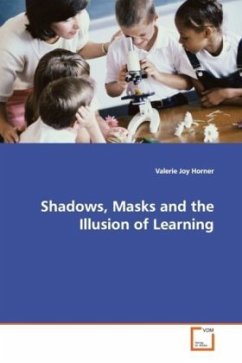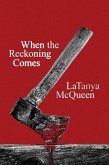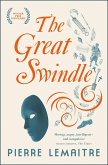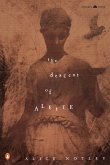Through a review of literature, classroom
observations, interviews and reflection, 'Shadows,
Masks and the Illusion of Learning' explores the
role of language in the construction of conceptual
knowledge within the discipline of science. Horner
also addresses the growing diversity of cultural and
ethnic backgrounds in classrooms and the need for
educators to not only support students as they build
knowledge, but to understand various perspectives,
realities and the power inequities inherent within
society and thus in our institutions and classrooms.
Utilizing the framework of Social Constructivism to
highlight the development of language and knowledge
within social contexts, and the lens of Critical
Pedagogy for critiquing educational settings,
programs and practices by examining social,
political, economic and cultural values, Horner
encourages educators to revitalize classrooms as
they move from market-thinking, commercialized,
prescriptive programs and the traditional notion of
banking education to inquiry programs that build
schema through dialogic discussions and student
reflection, and strengthen each student's voice.
observations, interviews and reflection, 'Shadows,
Masks and the Illusion of Learning' explores the
role of language in the construction of conceptual
knowledge within the discipline of science. Horner
also addresses the growing diversity of cultural and
ethnic backgrounds in classrooms and the need for
educators to not only support students as they build
knowledge, but to understand various perspectives,
realities and the power inequities inherent within
society and thus in our institutions and classrooms.
Utilizing the framework of Social Constructivism to
highlight the development of language and knowledge
within social contexts, and the lens of Critical
Pedagogy for critiquing educational settings,
programs and practices by examining social,
political, economic and cultural values, Horner
encourages educators to revitalize classrooms as
they move from market-thinking, commercialized,
prescriptive programs and the traditional notion of
banking education to inquiry programs that build
schema through dialogic discussions and student
reflection, and strengthen each student's voice.








